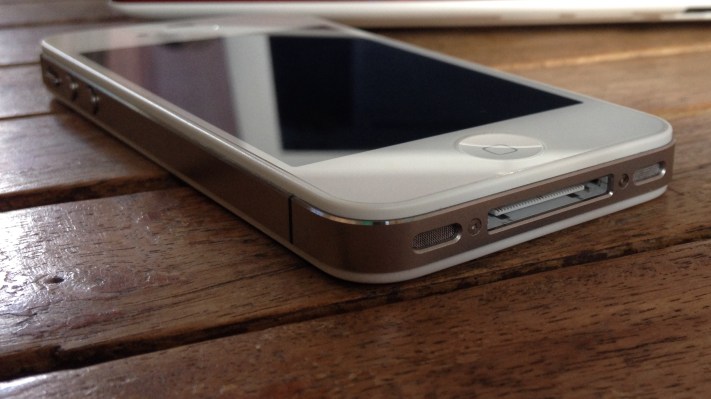What started as a rough week for Qualcomm just got worse. Apple is piling onto the lawsuit train just ahead of the weekend, following in the U.S. Federal Trade Commission’s footsteps with a roughly billion-dollar suit against the San Diego-based mobile chipmaker.
Apple was specifically named in the recent FTC filing, which accused Qualcomm of engaging in an anti-competitive “no license, no chips” policy, which jacked up licensing fees on patents and forced phone makers to pay more for using competitors’ processors.
In the words of the FTC earlier this week:
Qualcomm precluded Apple from sourcing baseband processors from Qualcomm’s competitors from 2011 to 2016. Qualcomm recognized that any competitor that won Apple’s business would become stronger, and used exclusivity to prevent Apple from working with and improving the effectiveness of Qualcomm’s competitors.
Apple’s own $1 billion suit accuses Qualcomm of charging for patents “they have nothing to do with,” citing TouchID, displays and cameras as categories where the component maker has allegedly stifled innovation by making licensing more costly.
Apple adds, in a statement provided to TechCrunch:
Qualcomm built its business on older, legacy, standards but reinforces its dominance through exclusionary tactics and excessive royalties. Despite being just one of over a dozen companies who contributed to basic cellular standards, Qualcomm insists on charging Apple at least five times more in payments than all the other cellular patent licensors we have agreements with combined.
The suit follows a number of other international legal proceedings for Qualcomm across the world, including large fines in South Korea and China. We’ve reached out to the company for comment.
